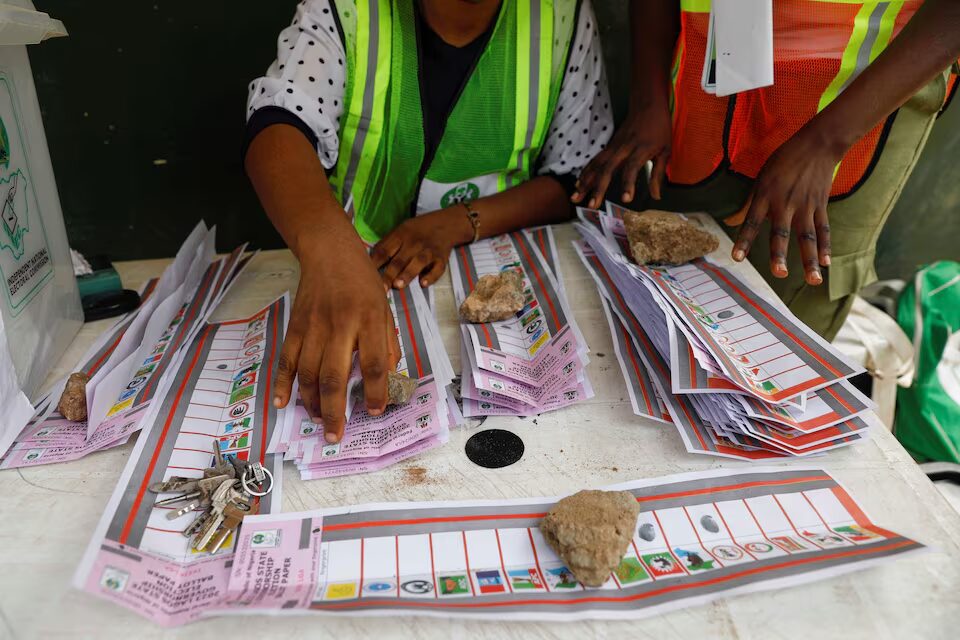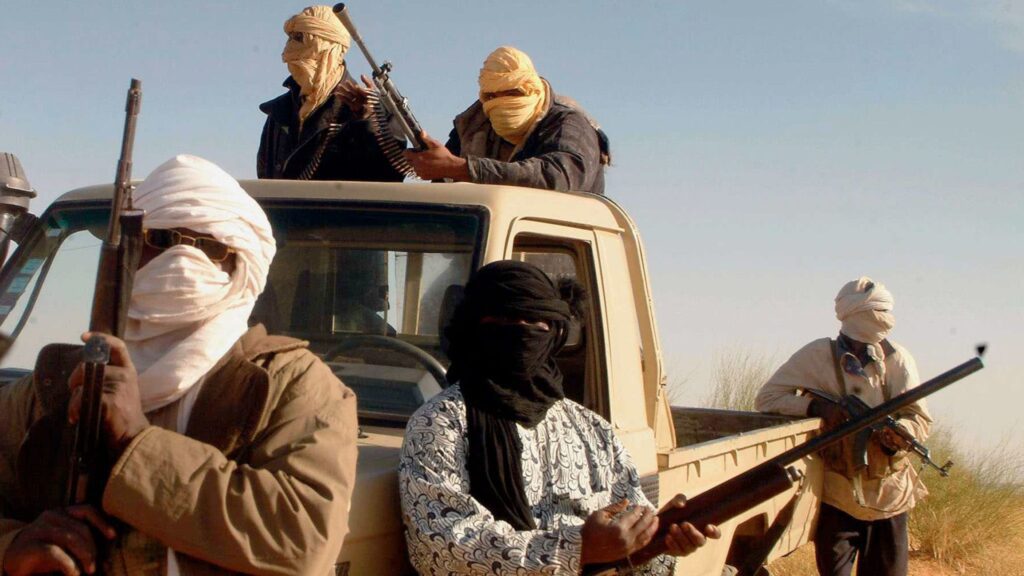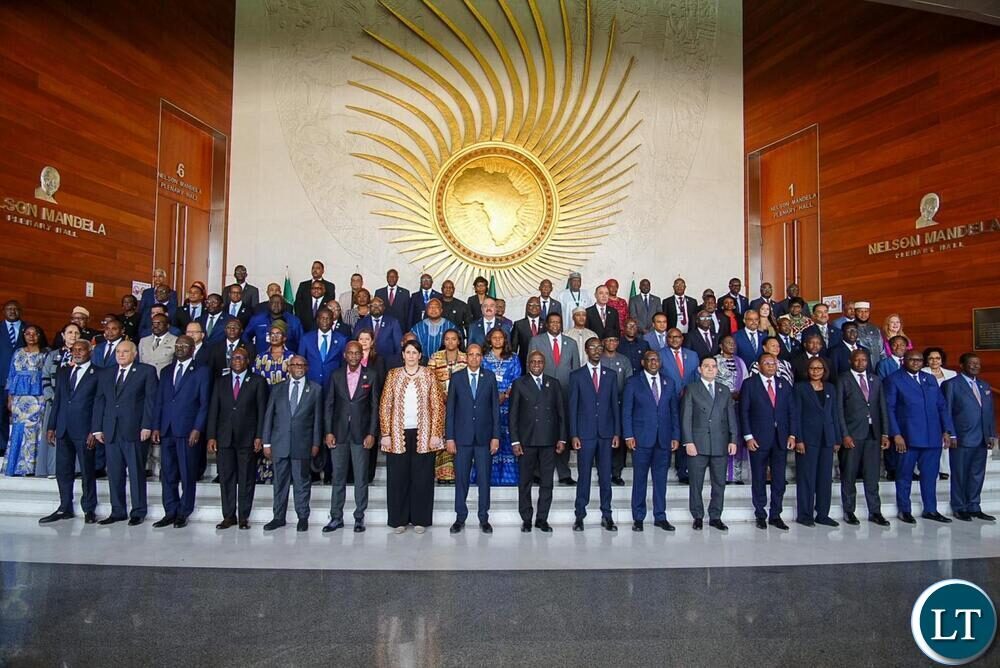
Friday 21st November 2025

by inAfrika Newsroom
The Sahel security crisis dominated a UN Security Council session this week after new figures showed the region now accounts for about half of global terror deaths. UN officials briefed members on growing attacks in Mali, Burkina Faso and Niger and on displacement affecting millions of people.
Briefers cited expanding armed groups, weak state presence and climate stress as key drivers of violence. They warned that militants and criminal networks now exploit routes that stretch from the Sahel into coastal West Africa and North Africa. Several members raised concern about the impact of recent coups and the drawdown or redesign of earlier international missions.
Proposals on the table include more flexible support for regional security initiatives and stronger backing for community-level peace work. Delegates also discussed extra funding for development and climate-adaptation projects in high-risk zones. The Council asked the UN Secretariat for refined options on future engagement and for a report on possible mandate changes and partnerships in the coming months.
The Sahel security crisis touches every part of Africa that trades, travels or shares borders with the region. Violence shuts markets, mines and roads, which cuts incomes and shrinks state revenues far beyond the frontline. Closed corridors raise the cost of food and fuel for landlocked states and strain budgets already under pressure from debt and climate shocks. Large-scale displacement pushes people into fragile cities and camps and can spark new tensions with host communities. Unpoliced border areas also give space to criminal and extremist networks that reach coastal West Africa, North Africa and even Europe. A coordinated response that blends security, governance and climate action is now central to protecting AfCFTA goals and wider stability.


